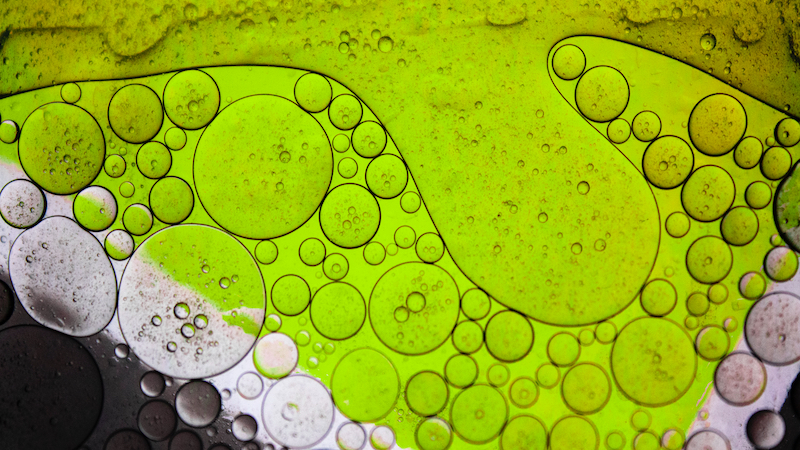Researchers want to fertilize seas with iron to stop climate change
The oceans now store a large proportion of greenhouse gases. Researchers now want to slow down climate change by fertilizing the oceans with iron.
How can the consequences of climate change be cushioned? This question is now preoccupying many countries around the world. The focus is initially on eliminating unnecessary emissions. Still, that’s probably not enough to cap global temperature rise below 1.5 degrees Celsius.
For this reason, experts are now increasingly discussing the capture of CO2 and other greenhouse gases from our environment. In addition to planting trees or installing DAC systems on land, the oceans also hold inexhaustible potential.
After all, water already stores 25 percent of our global emissions. Plants such as algae or plankton contribute to this. They carry out photosynthesis, then sink to the sea floor and, in the best case, store the carbon for thousands of years.
Can climate change be slowed down by fertilizing the oceans with iron?
Therefore, many researchers have already come up with the idea of increasing the concentration of marine plants through targeted manipulation of ecosystems. According to a recent study For example, scientists want to increase the amount of phytoplankton in the world’s oceans. Because these already store huge amounts of CO2 and transport it to the seabed.
However, to increase growth, plankton need iron. This is only sparsely available in some parts of the world’s oceans. Huge fields are created during volcanic eruptions. There is enough iron in the ashes to feed the protozoa. However, fertilizing the world’s oceans with iron also harbors risks.
Researchers see potential in iron nanoparticles
For example, it is not clear whether all of the iron is absorbed by plankton and how much plankton actually sinks to the sea floor. The researchers are therefore planning to use nanoparticles. Although these are significantly more expensive than iron sulfate, they are said to be more effective in many ways.
Because phytoplankton should be able to absorb nanoparticles much more effectively. Nevertheless, it is still completely unclear whether this path makes sense for the fight against climate change. Before that, the researchers still have to assess and investigate the risks and side effects.
Also interesting:



